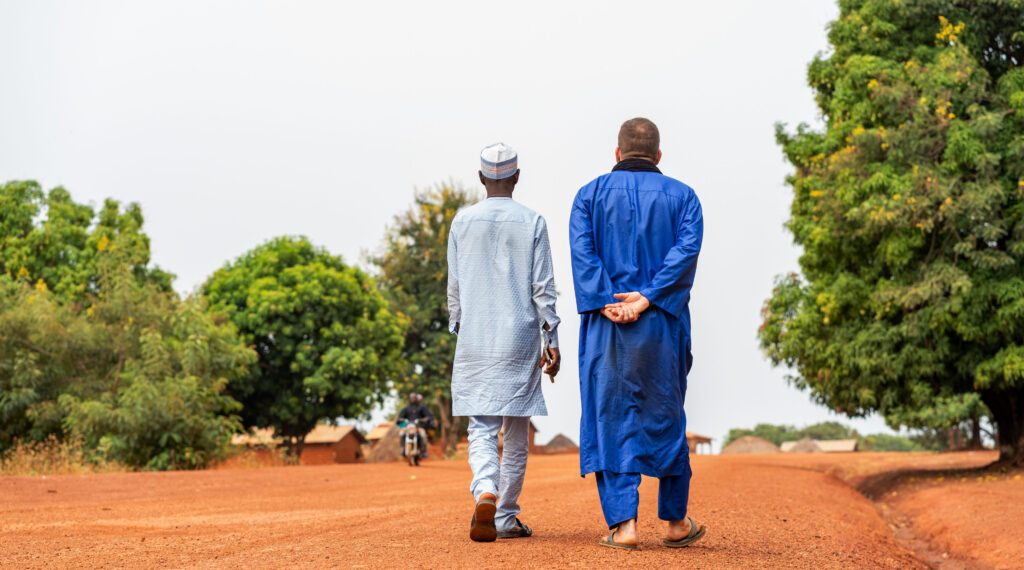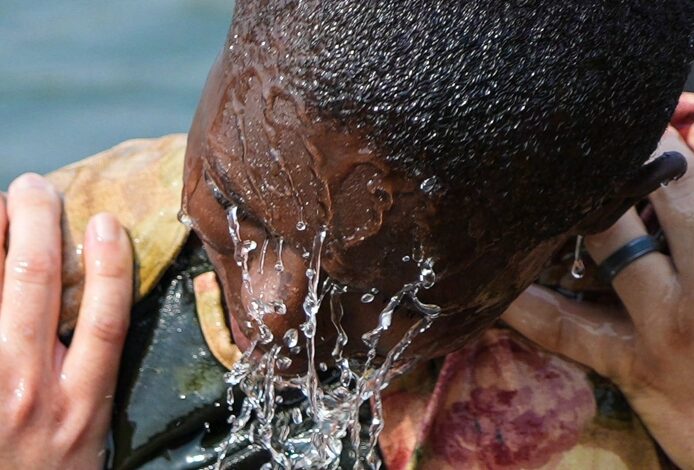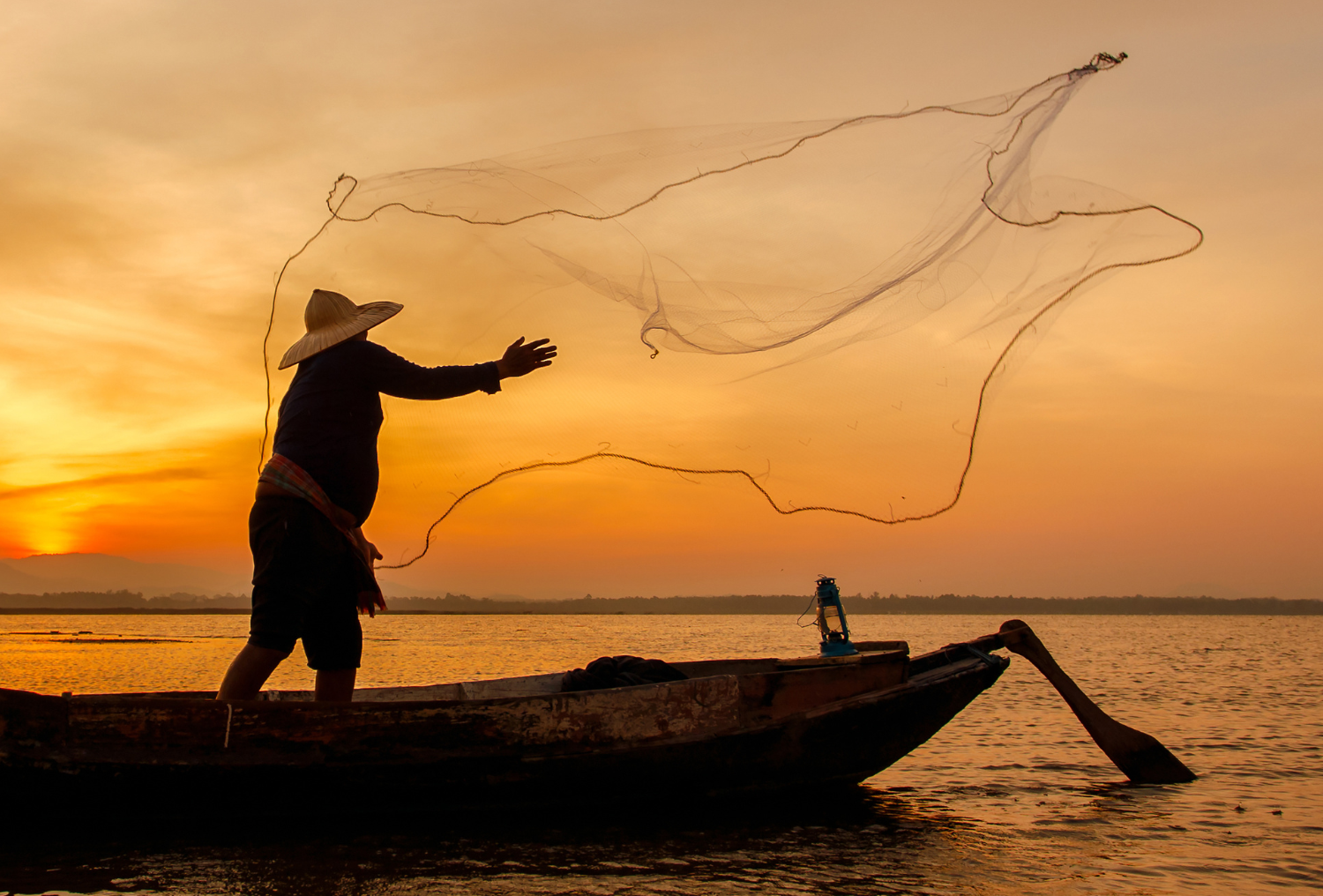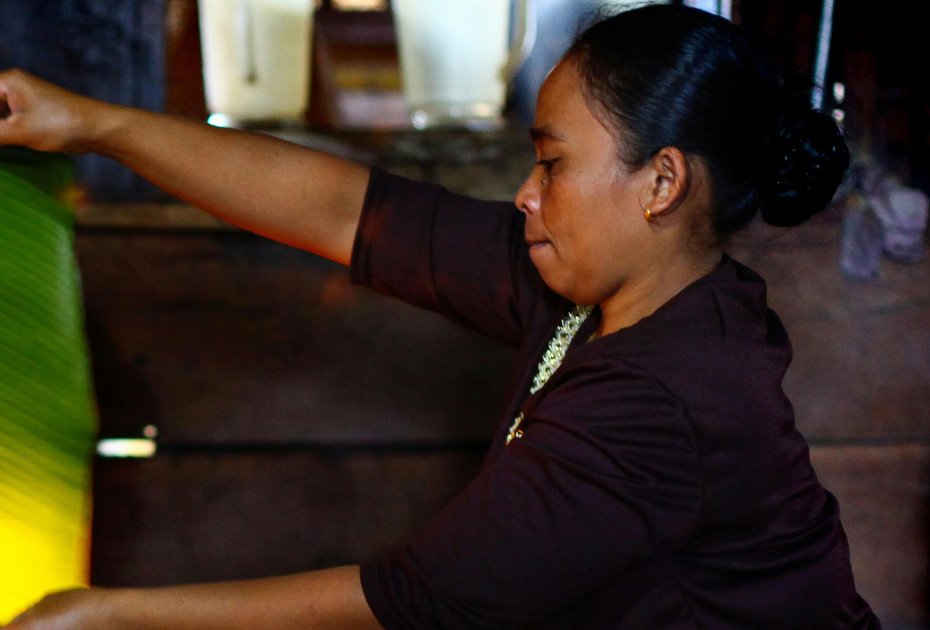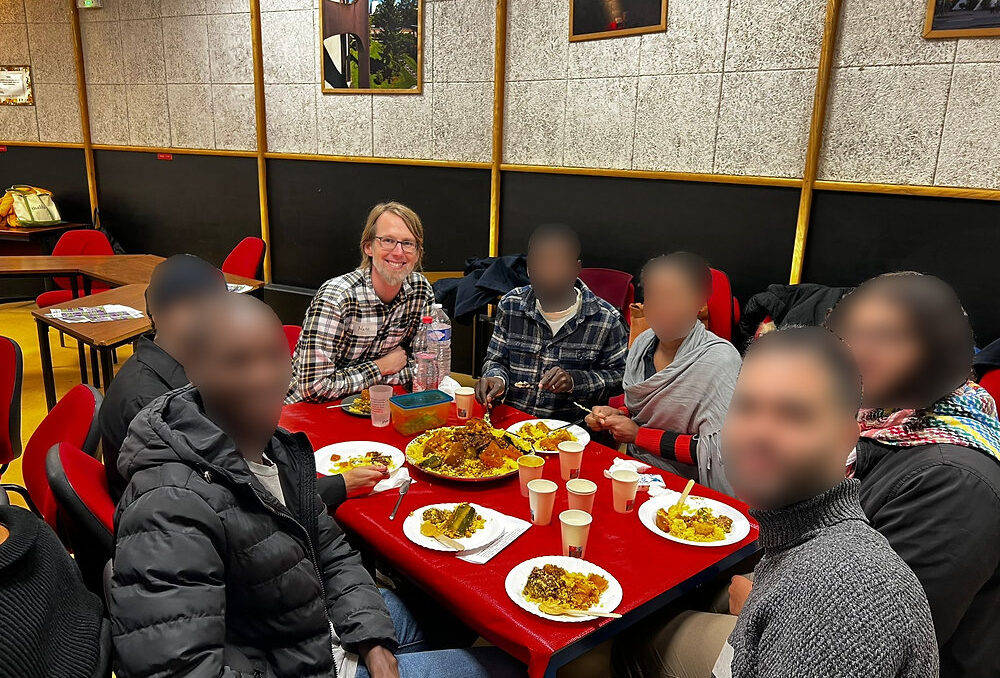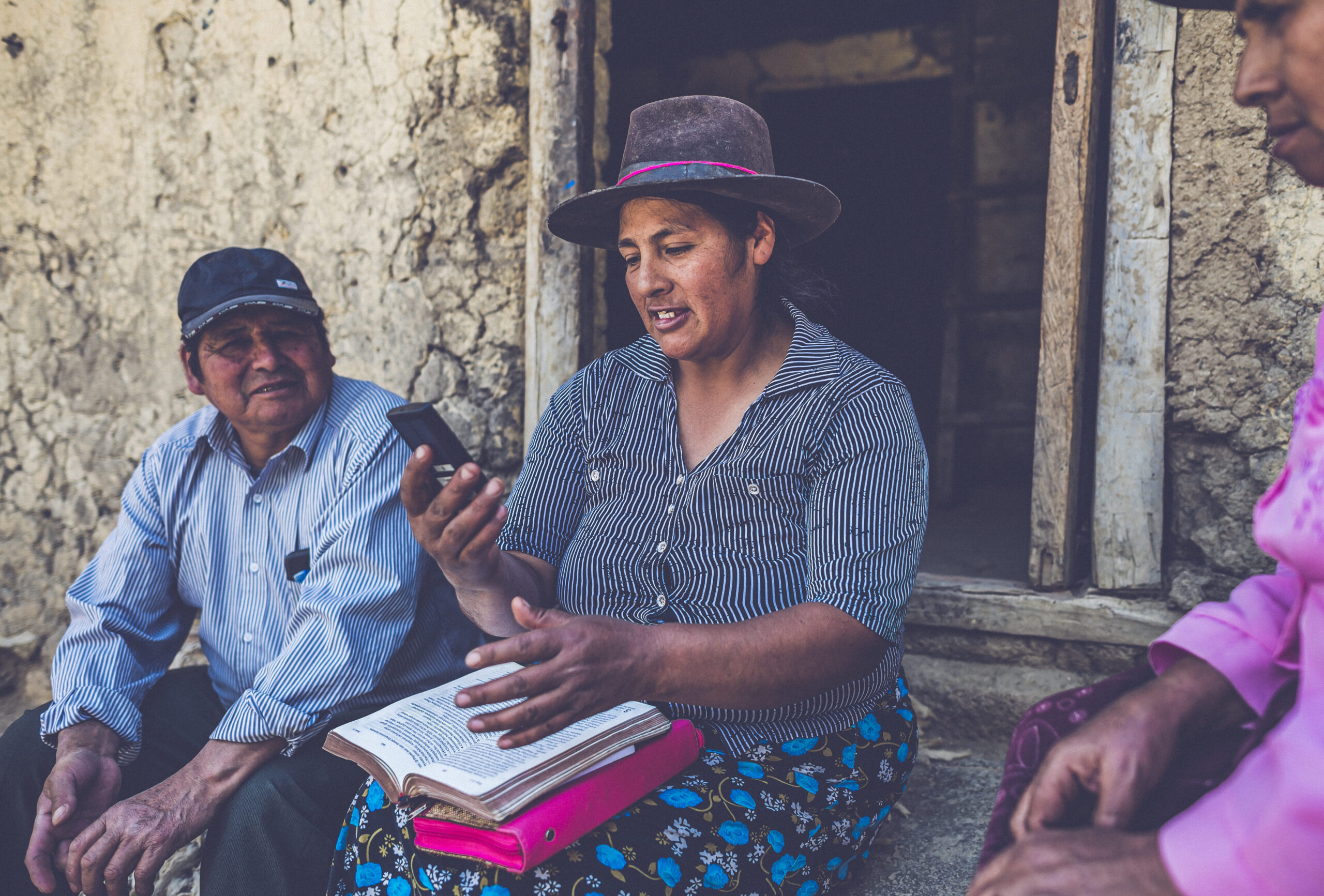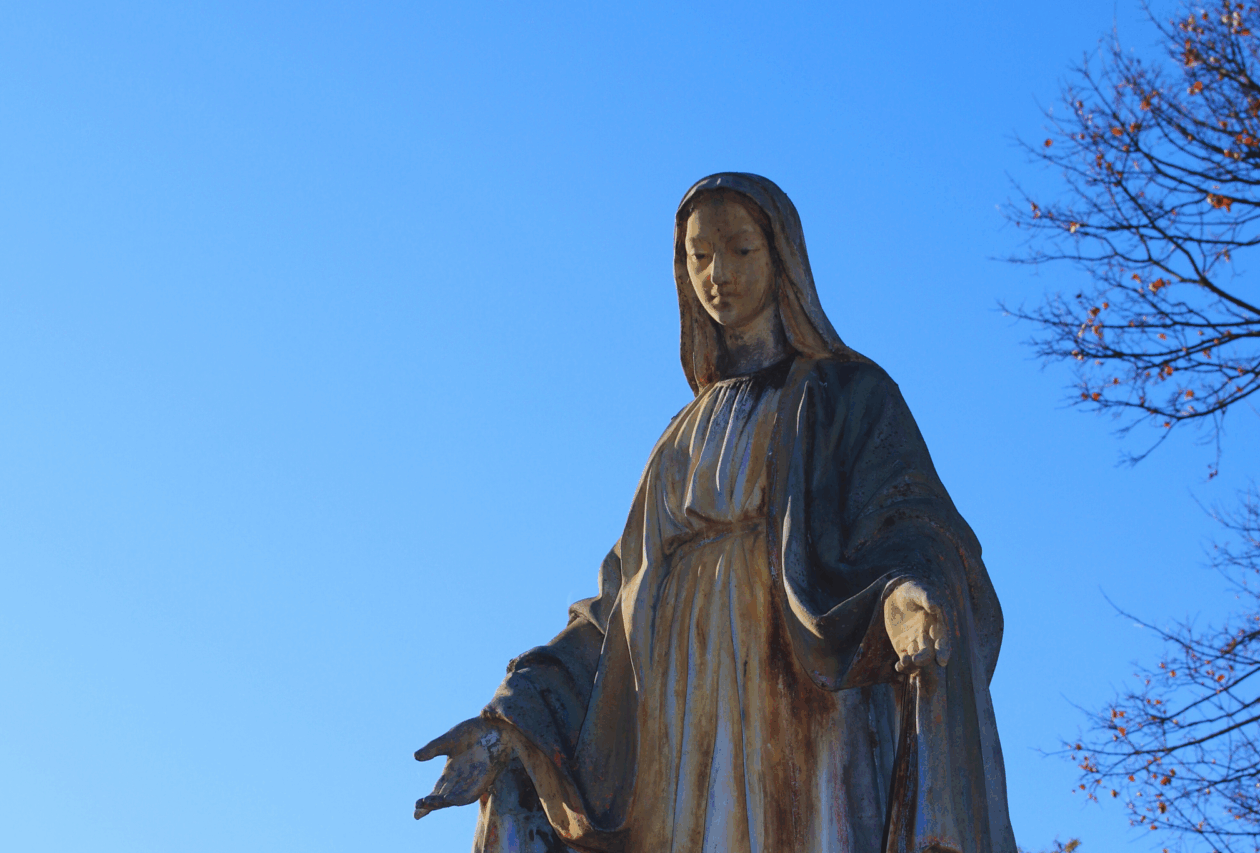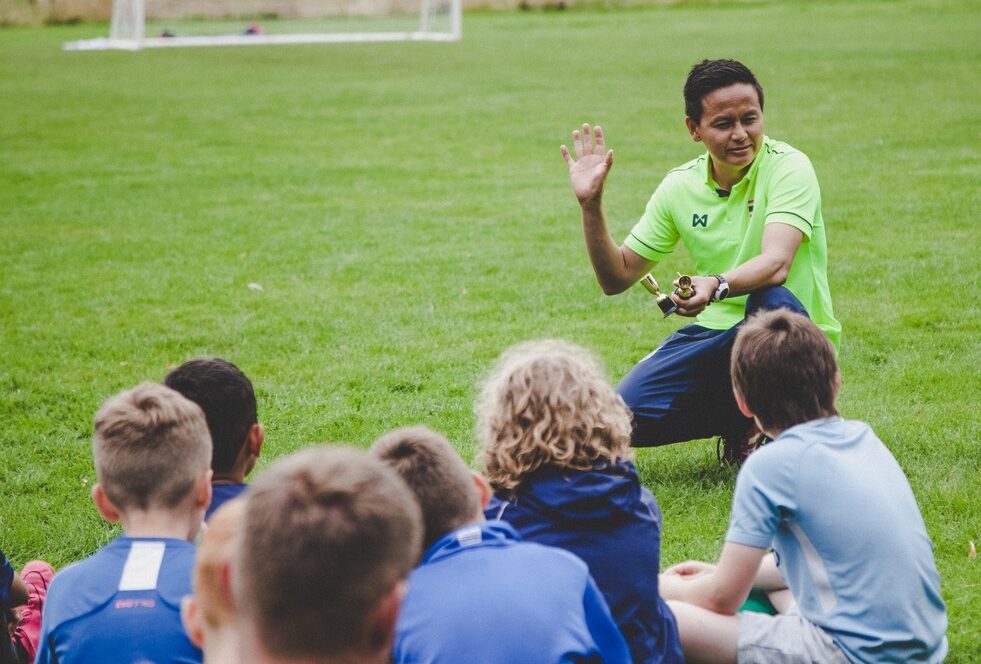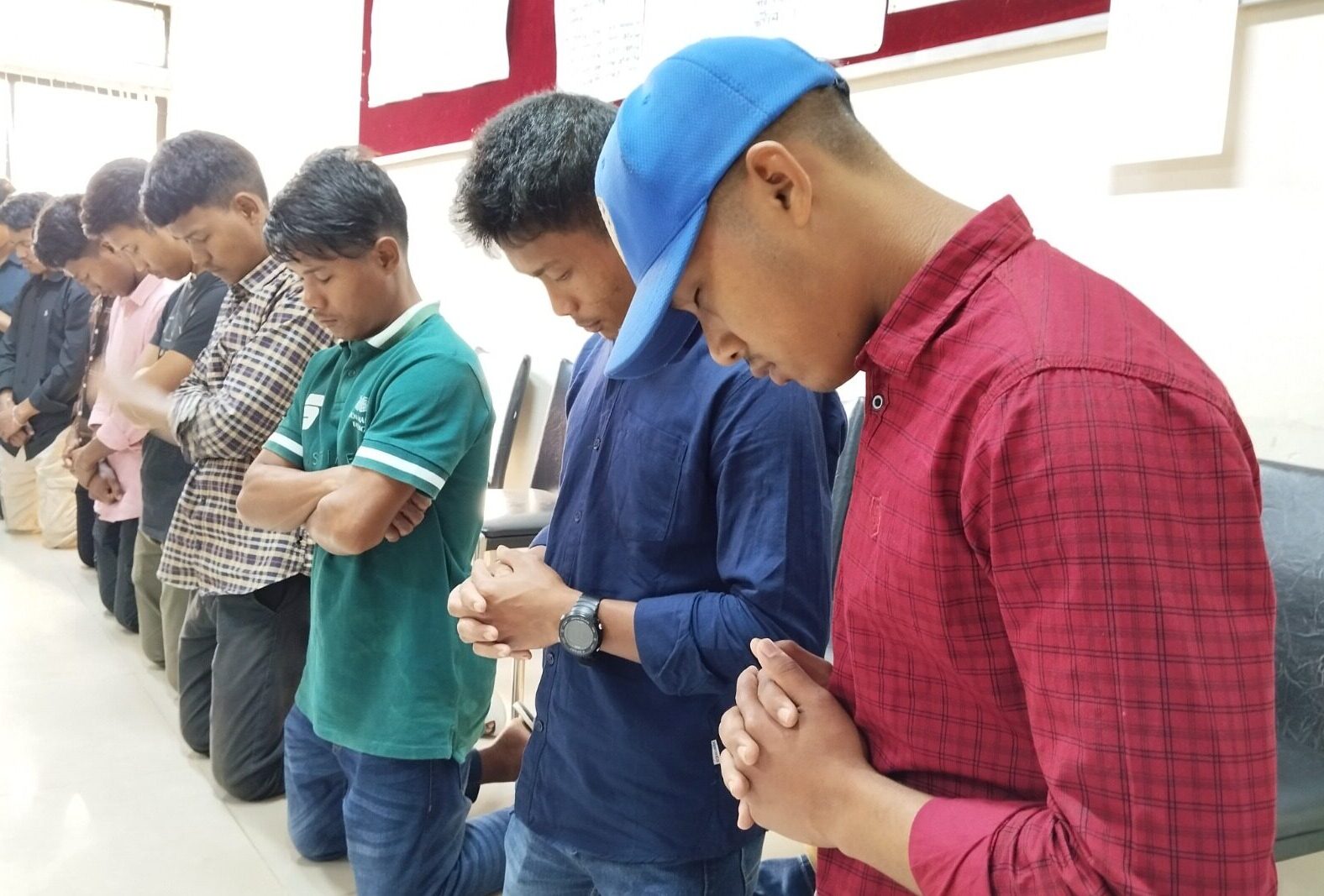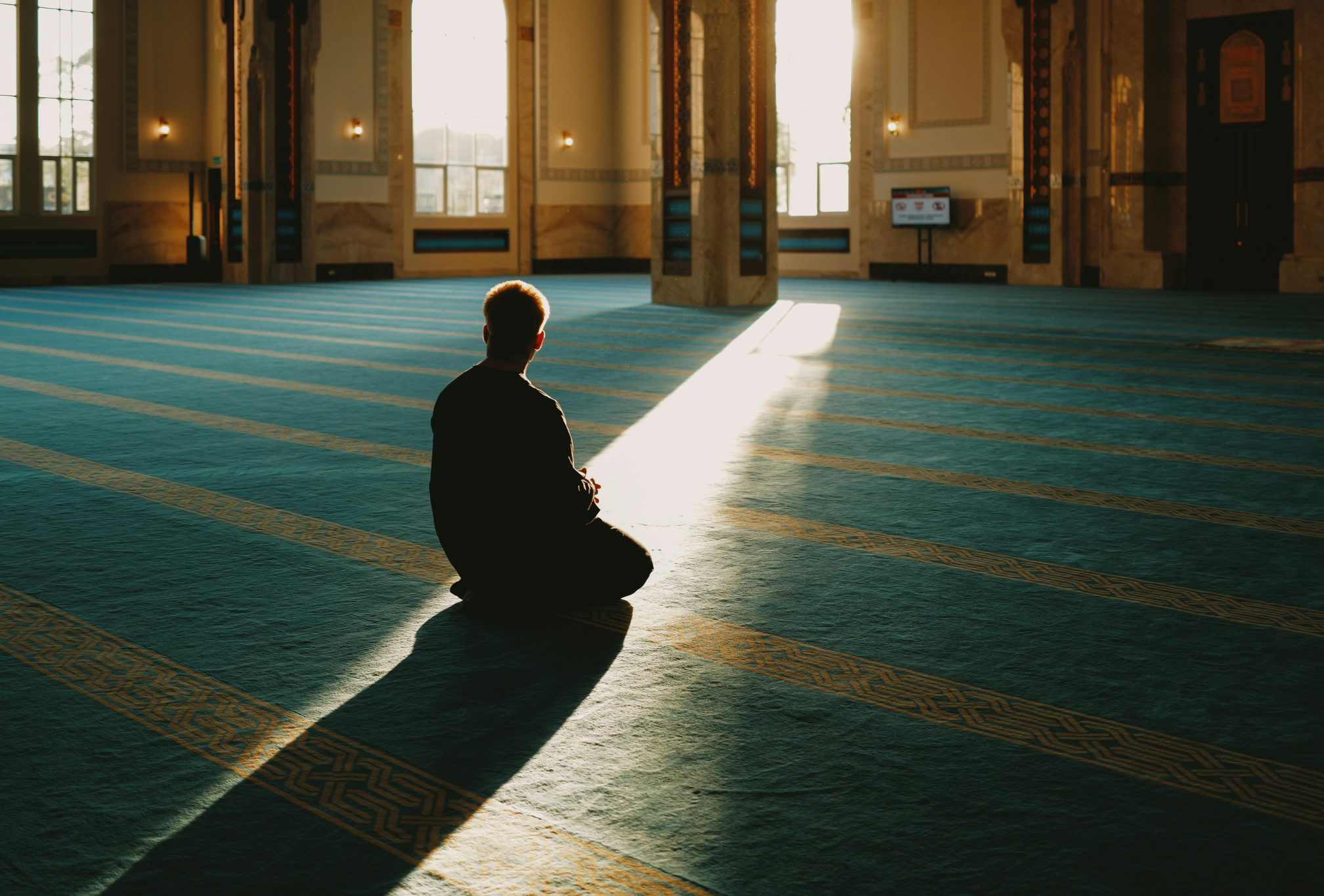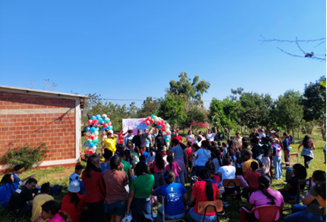By Vincent Wastable
Jon, you know the Fulani well. What makes them different from the other groups they live alongside?
The fact that they are nomads is a big difference. It shapes how they see the world, which is often very different from how settled communities see things.
The acronym NOMAD is a useful tool for thinking of their distinctiveness:
- “N” for Networking: Relationships are central to the Fulani and are especially strong within their community.
- “O” for Organised: The Fulani are organised into clans and large families. They share most everything within these family units.
- “M” for Mobility: A nomadic way of life is not random wandering. It is about a seeing mobility as a resource in and of itself, a readiness to move to access resources, like water and grazing land for their herds. As pastoralists, they feel more connected to their animals than to the land, even if they practice farming.
- “A” for Autonomy: While the Fulani do trade with others, they can manage without those connections. In many places, Fulani co-exist peacefully alongside settled peoples.
- “D” for Distinct: The Fulani see themselves as different from other groups, and others see them that way, too. Their appearance and clothing make them stand out.
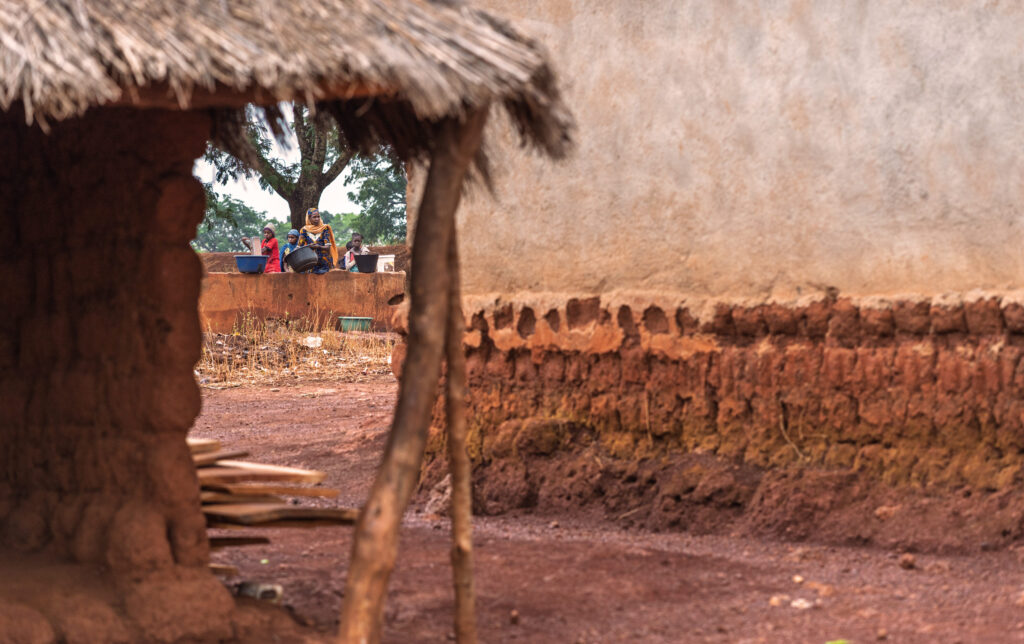
The Fulani do share some things in common with the people around them. Is it possible for them to live peacefully and build good relationships?
Yes, it is. The Fulani value peace and want to live in harmony. However, in Nigeria for example, they have historically been despised and hated due to local tensions, which has led to violence. Since the 2010s, radical Muslim groups seem to have taken advantage of injustices against the Fulani, recruiting them as fighters.
An elder in West Africa is said to have declared, “If you tell me there are Fulani in heaven, I don’t want to go there.” This shows how they are often seen as outsiders and unwelcome wherever they live.
People often say that ministry among the Fulani is hard and that there aren’t many tangible results. That must be discouraging for mission workers!
We need to understand that working with the Fulani is a long-term commitment, which includes the commitment to understand who the Fulani are. We must accept that we may not see the results ourselves.
Please pray
- For Jon to grow in his knowledge and understanding of Fulani culture, so that he might better equip gospel workers to serve among them
- For the small number of Fulani Christians, that they would be allowed to worship together in peace and harmony, without fear of persecution
- For God to raise up more workers from across the world to serve among the Fulani

